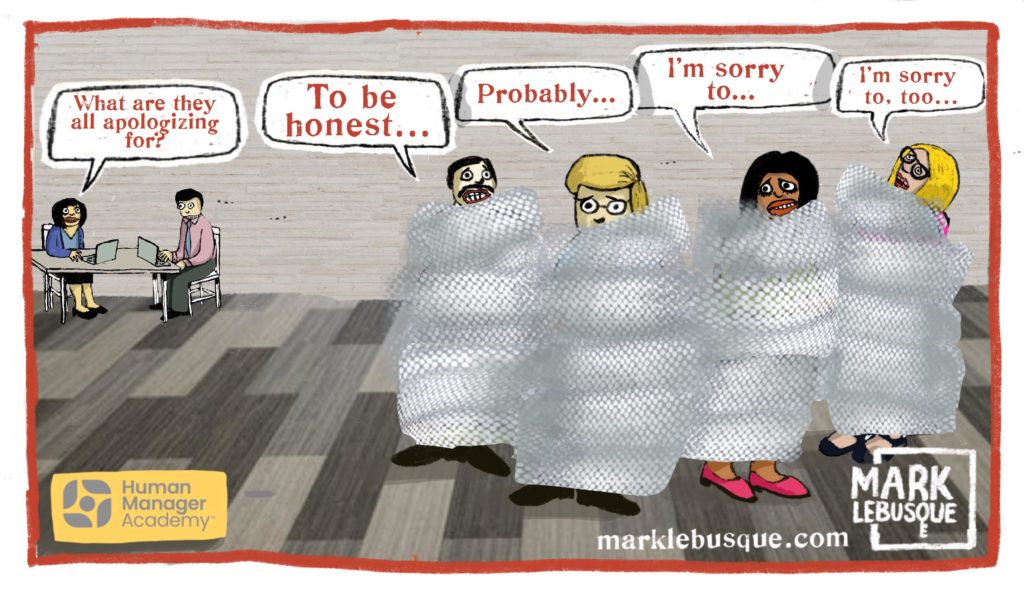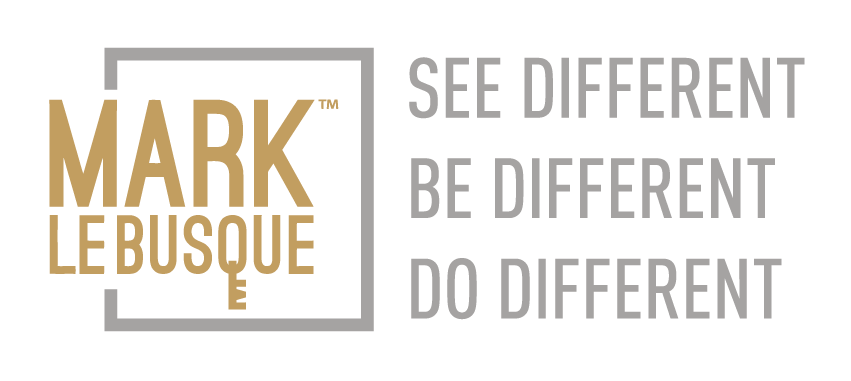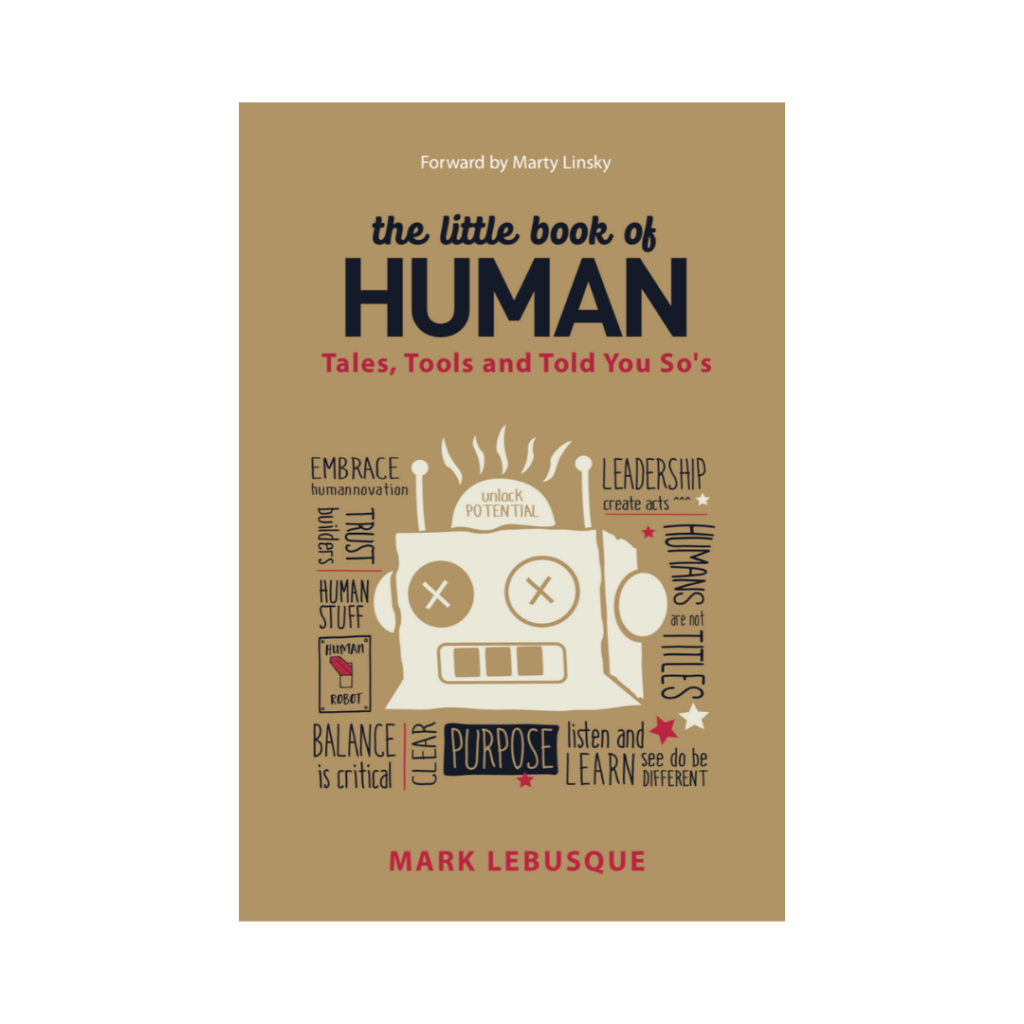
Bubble wrap plays a very important role in protecting the integrity of something that is valuable to we humans. A piece of fine China handed down over generations, that expensive new laptop or big screen television, or one I see quite regularly a bottle of boutique gin and tonic meticulously wrapped so that it turns up in one piece. The alternative is the source of disappointment, sadness and at times anger when something you’ve been waiting on turns up damaged which renders it useless to you. There are times however where bubble wrap is overused on an item or article that doesn’t need to be protected. This can be the source of frustration for the recipient who then has to spend time trying to unpack something that didn’t need such protection. Whilst the wrapper may have had the best intentions by overwrapping, the receiver has to deal with the rubbish that is created. The same happens in the workplace when humans decide to use what I call ‘word bubble wrap’ to protect something or someone that both doesn’t need protection and gets frustrated by the need to try in their own mind to unpack what should be a straight up conversation. Here’s my three bubble wrap words or terms that I hear a lot and know that they are a cause for some frustration for those who are on the receiving end of them: To Be Honest…….. Probably……….. I’m Sorry To………… Why does one start a sentence with ‘to be honest’? Is it because they haven’t been honest before? What or who are they trying to protect in this moment? The ‘P’ word is one that creates such a thick layer of protective bubble wrap that is there to protect the user just in case things don’t happen. The issue is that to the outside world or the receiver it feels like indecision and somewhat of a waste of time in using it. What about ‘we will’, ‘we won’t’ or even ‘I don’t know right now’? These are a great way to remove frustration at your indecision. Oh…and one of my least favourites…”I’m sorry to……..(fill in the gap), say this, do this” etc. etc. Starting with a sorry should command just one response from the receiver which must be “What are you sorry for…?” When I have stopped someone after they’ve wrapped themselves in vocal bubble wrap and asked that question they say one of two things: “I don’t know” or “I was worried I’d hurt your feelings”, when if they were truthful they would say “I wanted to protect myself”. Bubble wrap words and terms are not protecting the integrity of anything, but rather they create frustration for those who are the recipient of them. It’s time to remove them and in the process increasing the likelihood that you will keep your integrity in tact. What are your favourite bubble wrap words and terms? |




